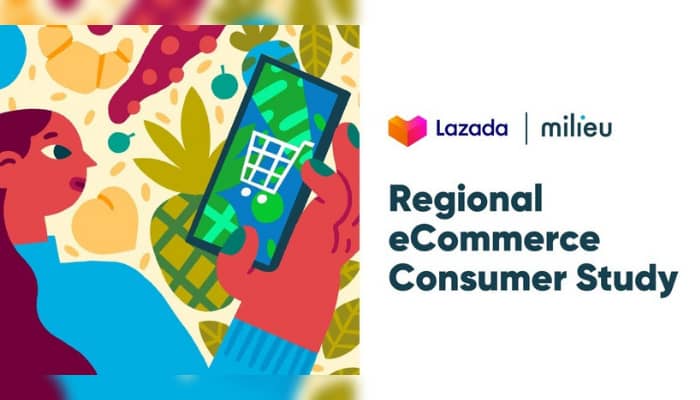Auckland, New Zealand – As the cost of living rises and household budgets are put under pressure, necessities drive consumer spending in New Zealand, according to JCDecaux New Zealand’s IRIS audience research.
According to the research, 58% of respondents are planning to stop buying everyday luxury items, and 47% of respondents plan to adopt more home brands. In addition, 40% of respondents will only buy trusted brands, and 77% of respondents claim price is the main consideration when choosing between similar products.
In terms of shopping behaviours, online grocery shopping is growing: it’s also more considered and less impulsive than in-store shopping. FMCG marketers must consider how they reach and influence online shoppers, who typically tend to be younger. In addition, People are thinking about upcoming meals while they are driving, and that large format OOH impacts audiences on obligatory journeys, when they are making mental shopping lists of the things they need.
For Victoria Parsons, senior strategy and insights manager at JCDecaux New Zealand said: they noted that 91% of respondents have their household budgets being stretched and a quarter of respondents reporting that they are actively cutting back.
“For New Zealanders noting reduced disposable incomes, grocery shopping is an easy place to make cuts. Shoppers are increasingly paying close attention to what goes onto lists and intro trolleys. It is interesting to understand consumer perceptions as to what is a necessity and what is a luxury; we see consumers justifying brand purchases as necessary for quite personal reasons,” Parsons said.
She added, “Out-of-home can be a powerful platform to impact and influence in-store and online shoppers throughout the day while they are mentally planning their shopping lists. 83% of survey participants agree that brands that advertise on Large Format are quality brands, which is key for consumers to overcome price sensitivity and avoid replacement by home brands.”
Meanwhile, Gary Rosewarne, sales director at JCDecaux New Zealand, commented, “What consumers deem an everyday luxury is interesting. Respondents told us items such as coffee and tea, bread, self-care and dairy are non-negotiable in terms of buying favourite or quality brands, whereas for canned and frozen goods, and cleaning products, people are shopping the category based on price. Luxury does not mean premium, it means moments where you expect quality FMCG experiences and won’t trade down – you justify the price premium.


















